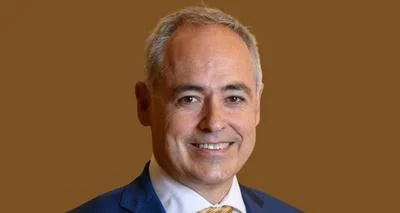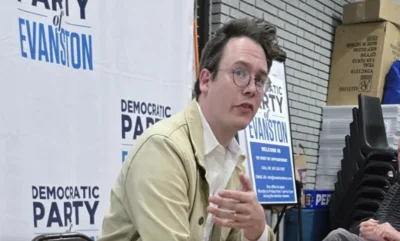Gov. J.B. Pritzker | Facebook
Gov. J.B. Pritzker | Facebook
The Pritzker administration recently announced it plans to close enrollment for its state-funded health insurance program for undocumented immigrants under 65.
Pritzker’s office did not immediately respond to a request for comment on the criticism.
According to a story in the Chicago Tribune, as part of the budget plan Pritzker laid out earlier in the year, the state set aside $220 million for the program, but by early May projected costs had swelled to well beyond five times that amount to $1.1 billion for the coming year as enrollment numbers continued to increase.
As overseers of the program, The Illinois Department of Healthcare and Family Services made the announcement about the changes, with word coming just hours after Pritzker signed off on legislation granting the agency the authority to make changes to the program in hopes of cutting overall costs.
Pritzker's move drew sharp criticism from groups across the state that wanted to see the program remain in place.
"Because of Gov. Pritzker’s decision, there are people who will be forced to forgo cancer treatment, diabetes care, mental health care, and countless other kinds of necessary medical treatment,” Healthy Illinois said in a statement. “Today’s move is immoral and fiscally short-sighted.”
The group highlighted remarks recently made by the governor where he repeatedly maintained “We save money when we invest in health care for undocumented immigrants.”
Now in its third year of operation, the program originally provided Medicaid-style coverage to immigrants 65 and older who are in the country without legal permission or who have green cards, but since then has been expanded twice, and it now covers those 42 and older.
People enrolled in the program are subject to copays of $250 for inpatient hospitalizations and $100 for emergency room visits if the services they receive aren’t covered by the federal government.
Those already enrolled in the program will continue to receive coverage, the administration said.





 Alerts Sign-up
Alerts Sign-up